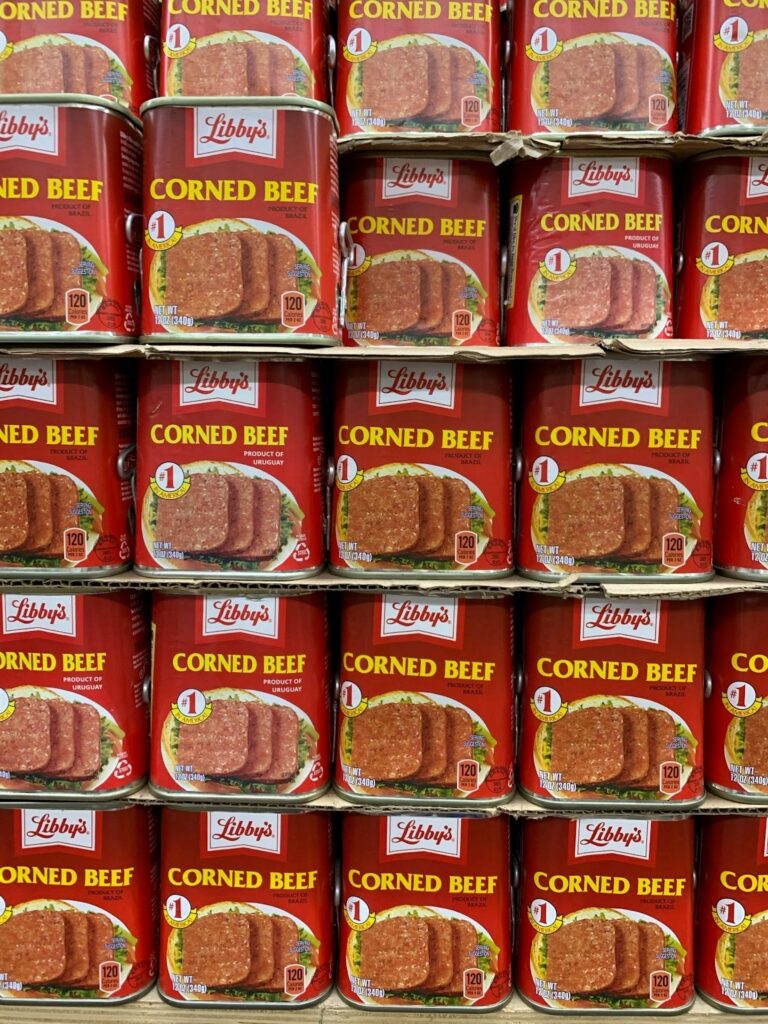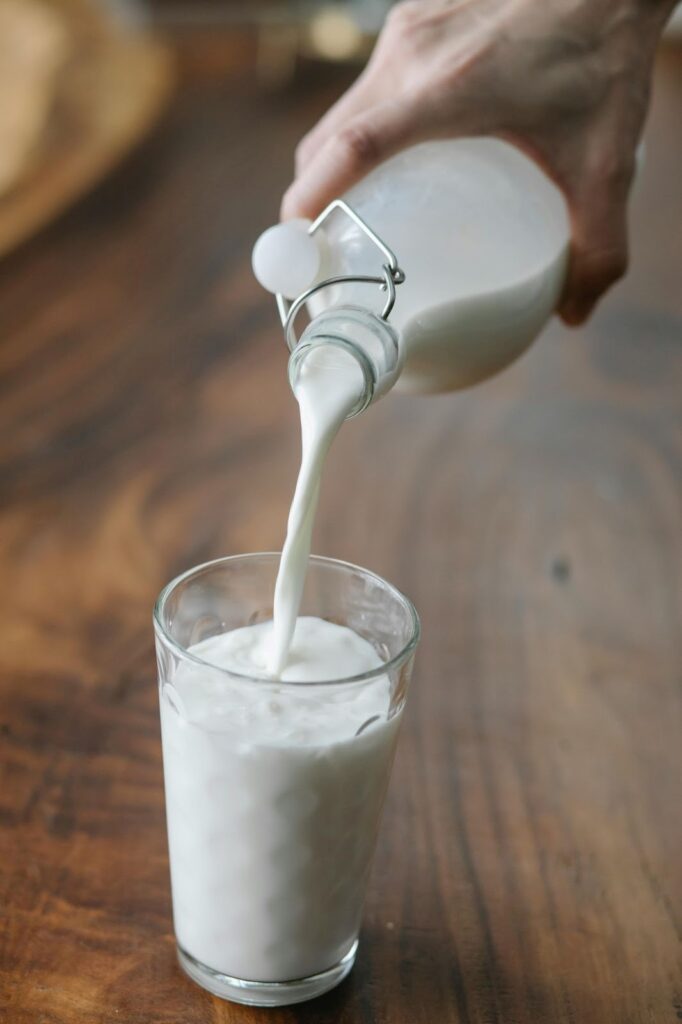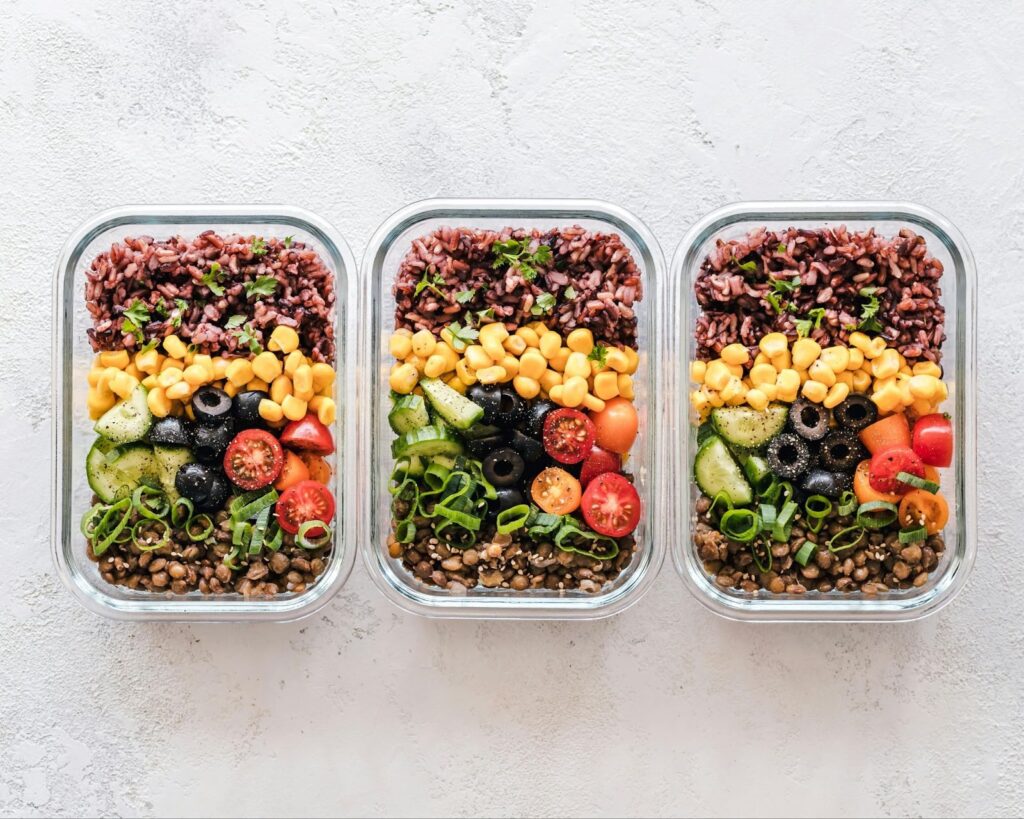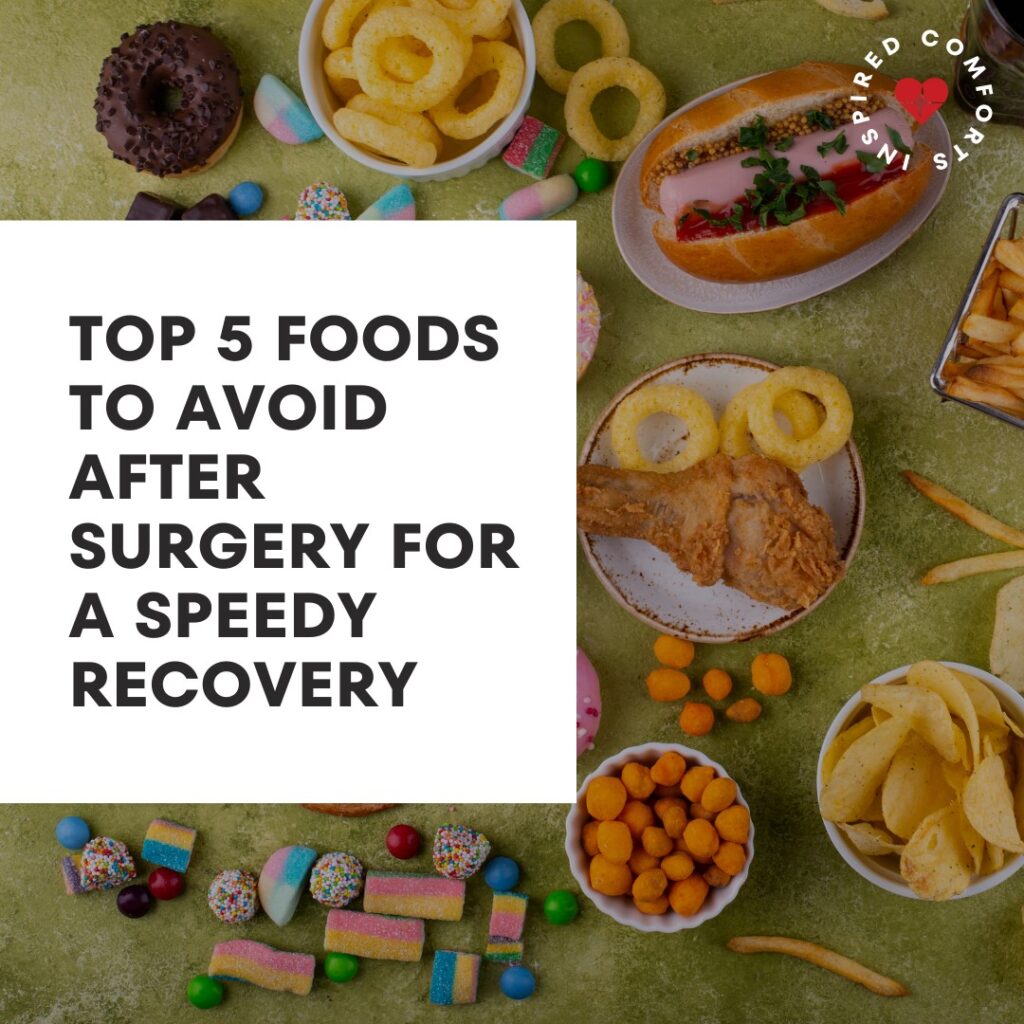Post surgery recovery involves more than just physical rest; diet plays a crucial role in the healing process. Choosing the right foods can make a significant difference in how quickly and comfortably the body heals. Here are the top five foods to avoid for a speedy recovery, along with some helpful alternatives.
High-Sugar Foods

Negative Impact on Immune System
High-sugar foods can significantly impair the immune system, making it harder for the body to fight off infections and heal properly. Consuming large amounts of sugar can cause blood sugar spikes and crashes, leading to energy fluctuations and increased inflammation.
Inflammation and Slowed Healing
Sugar is known to promote inflammation in the body, which can slow down the healing process. Inflammation can cause additional pain and discomfort, prolonging recovery time. To avoid these issues, it’s best to steer clear of sugary snacks, desserts, and beverages.
Alternatives to High-Sugar Foods
Instead of reaching for a candy bar or a sugary drink, consider healthier alternatives like fresh fruit, which provides natural sweetness along with essential vitamins and fiber. For those with a sweet tooth, honey or maple syrup in moderation can be a good substitute.
Processed Foods

Lack of Essential Nutrients
Processed foods often lack the essential nutrients needed for healing, such as vitamins, minerals, and antioxidants. They are typically high in unhealthy fats, sodium, and artificial additives that can hinder recovery.
High in Unhealthy Fats and Additives
Foods like packaged snacks, frozen meals, and fast food contain trans fats and preservatives that can increase inflammation and disrupt digestive health. These additives can also negatively impact overall wellbeing, making it harder for the body to heal.
Healthier Options for Recovery
Opt for whole, unprocessed foods like fresh vegetables, lean proteins, and whole grains. These foods provide the necessary nutrients for recovery without the harmful additives found in processed items. Preparing meals at home using fresh ingredients is a great way to ensure a nutrient-rich diet.
Fried Foods
Inflammation and Poor Digestion
Fried foods are another category to avoid during recovery. They are often cooked in unhealthy oils and can cause inflammation and poor digestion. Foods like french fries, fried chicken, and doughnuts can be difficult to digest and may lead to discomfort and bloating.
Weight Gain and Stress on the Body
Consuming fried foods can lead to weight gain, which puts additional stress on the body and can complicate the recovery process. Excess weight can also strain surgical sites, increasing the risk of complications.
Better Cooking Methods and Alternatives
Instead of frying, try baking, grilling, or steaming foods. These methods retain the nutrients in food without adding unhealthy fats. For example, baked sweet potato fries or grilled chicken are delicious alternatives that support healing.
Red Meat

Difficult Digestion and Inflammation
Red meat can be hard to digest and may contribute to inflammation, both of which can impede recovery. The high levels of saturated fats in red meat can increase cholesterol levels and inflammation markers in the body.
Risk of Constipation
Post-surgery, constipation can be a common issue due to reduced mobility and pain medications. Red meat, which is low in fiber, can exacerbate this problem and make bowel movements more difficult.
Substitutes for Red Meat
Lean proteins like chicken, turkey, fish, and plant-based options such as beans and lentils are excellent alternatives. These options are easier to digest and provide essential nutrients without the drawbacks of red meat.
Dairy Products

Potential to Cause Inflammation
Dairy products can cause inflammation and mucus production in some people, which can be problematic after surgery. This is especially true for those who are lactose intolerant or sensitive to dairy.
Lactose Intolerance and Digestive Issues
Many people have difficulty digesting lactose, the sugar found in dairy products. Consuming dairy can lead to bloating, gas, and discomfort, which are best avoided during recovery.
Non-Dairy Alternatives
Non-dairy alternatives like almond milk, soy yogurt, and coconut-based products are good options. These alternatives provide the benefits of dairy without the potential for inflammation and digestive issues.
General Tips for Post-Surgery Diet

Importance of Hydration
Staying hydrated is crucial for recovery. Water helps to flush out toxins, keep tissues hydrated, and support overall bodily functions. Aim to drink at least eight glasses of water a day, and consider herbal teas or clear broths for added hydration.
Incorporating Fruits and Vegetables
Fruits and vegetables are packed with vitamins, minerals, and antioxidants that support healing. Aim to fill half your plate with colorful produce to ensure a wide range of nutrients.
Role of Protein in Healing
Protein is essential for tissue repair and muscle recovery. Include lean proteins like chicken, fish, tofu, and legumes in your diet to support the healing process. Protein shakes can also be a convenient option if eating solid foods is challenging.
Importance of Fiber
Preventing Constipation
Constipation is a common post-surgery issue due to reduced activity levels and pain medications. A diet high in fiber can help maintain regular bowel movements and prevent discomfort. Foods rich in fiber include whole grains, fruits, vegetables, and legumes.
Supporting Digestive Health
Fiber plays a crucial role in supporting digestive health. It adds bulk to the stool and promotes the growth of beneficial gut bacteria. Including a variety of fiber-rich foods in the diet can aid in smoother digestion and quicker recovery.
Balanced Meals and Portion Control

Avoiding Overeating
It’s important to eat balanced meals and avoid overeating during recovery. Large meals can be hard to digest and may cause discomfort. Eating smaller, more frequent meals can help maintain energy levels and support healing without putting too much strain on the digestive system.
Ensuring Nutrient Intake
Balanced meals that include a mix of proteins, carbohydrates, and healthy fats ensure the body receives all the necessary nutrients for recovery. Using a balanced diet guide can help plan meals that provide the right proportions of each food group.
Encouragement to Prioritize Diet for Recovery
Making mindful food choices post-surgery can significantly impact the speed and comfort of recovery. By avoiding high-sugar foods, processed foods, fried foods, red meat, and dairy products, and opting for healthier alternatives, the body can heal more effectively. Staying hydrated, incorporating fiber, and maintaining balanced meals can further enhance recovery. Always consult with healthcare providers to tailor dietary choices to individual needs for the best possible recovery outcome.







